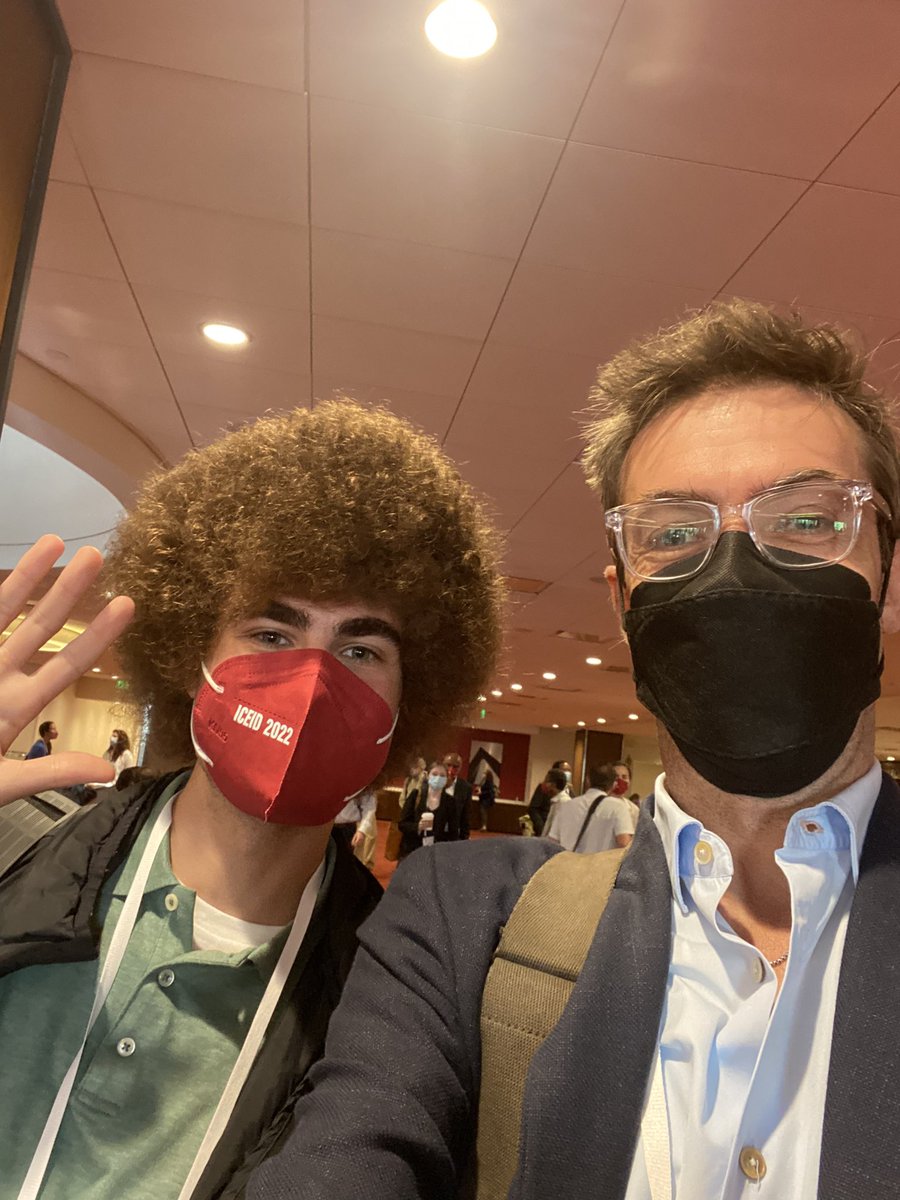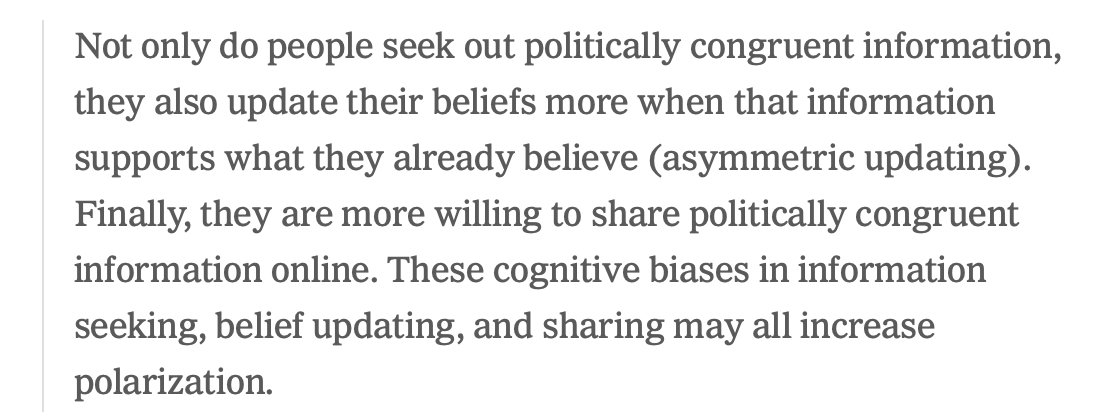
Having to head to the airport early after a meeting that was marked by so many parallel sessions I wanted to go to that I had to keep hopping between them. Sorry to miss the great @NathanGrubaugh speaking ☹️ #ICEID 1/n
Many standouts including a great session on misinformation featuring @PeterHotez @KatherineJWu and @cward1e and Neil Johnson 2/n
And getting to meet great people like @Michigan_Noah doing great work to increase confidence in vaccines (thx @GYamey for suggesting we meet up!) 3/n 

Speaking of which met @d_ramonfaur last night and saw him in action chatting with members of the public about their anxieties around vaccination! So many people doing such important work 4/n
My own talk was basically an opening act for the following from @PardisSabeti of @sabeti_lab about their great science showing the value of genomes to study outbreaks 5/n
In person meetings - great to be back at them. Nothing beats meeting in 3D. A great few days with great people. Now back to Boston feeling inspired. Thanks #ICEID and all who helped make it happen 6/end
• • •
Missing some Tweet in this thread? You can try to
force a refresh









